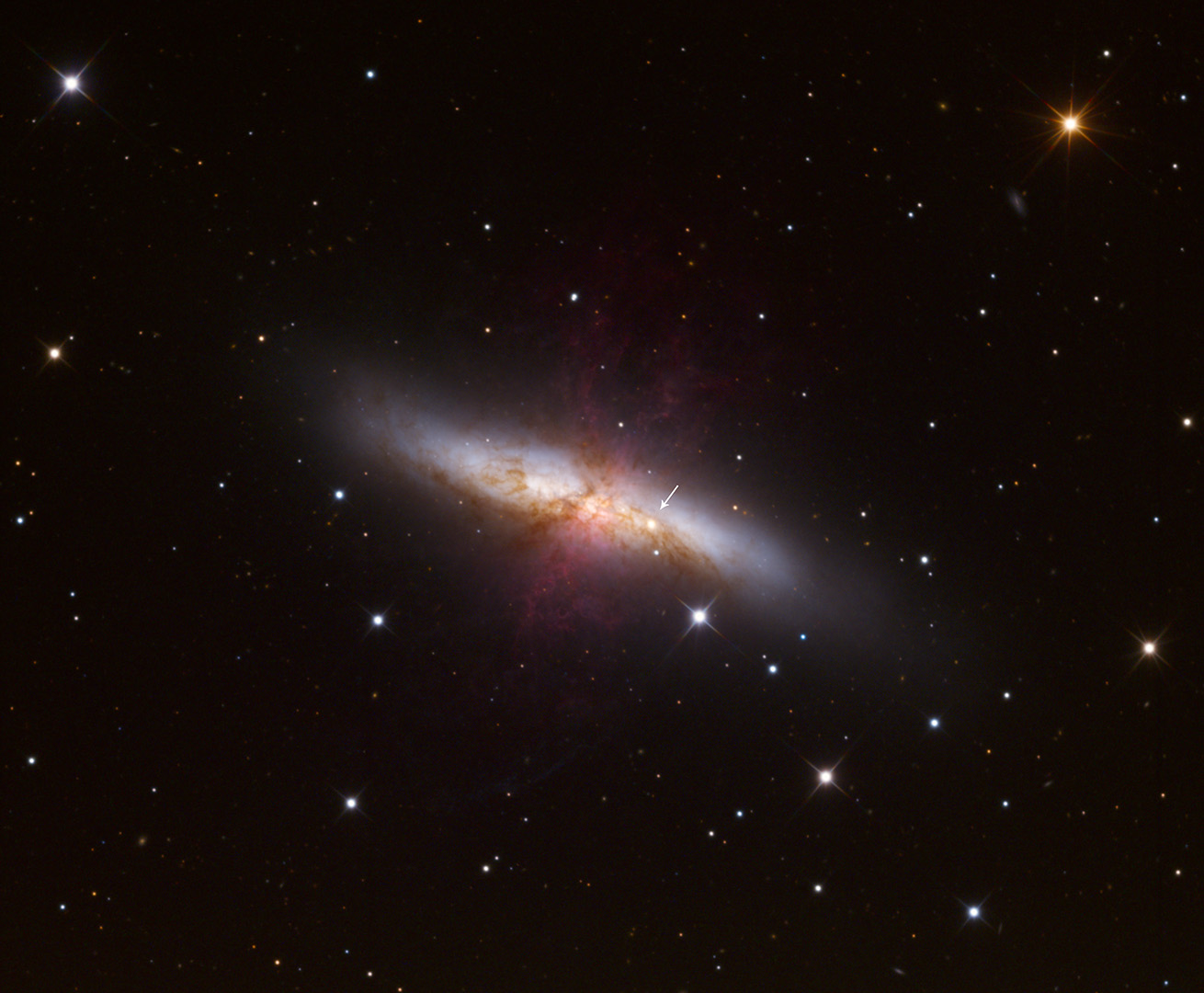I'm sure my loyal readers need no assurance of my Tolkien Geek Cred. As the great link says, food is very important in Tolkien's world, a fact of which I'm well aware. Obviously food is important to the Hobbits, but as a theme it appears in very many places throughout both Bilbo's and Frodo's adventures. Whenever there is a respite from the toils of the road, there is a description of plain and simple food that makes "a loaf with honey and cream" sound like the most delicious thing ever. And when Frodo and Sam make it to Ithilien and Sam finally gets to use his pots and cook a brace of conies, and in the movie they never get a chance to eat it!, I just weep, knowing how starving they are and will be.
Sure, Mordor is terrible and the ring is a heavy burden, but having no food to get you there? How can a hobbit hope to go on?
Here follows an account of The Great Feast of 2014, in which we were too full and tired to even bother with the last course and skipped straight to dessert. We accompanied the food with (if I remember correctly) a sampler of New Belgium ales, red wine, and sherry. We couldn't find any decent mead, but at least we tried.
First Breakfast - 8am
Blackberry tarts from Bree. As the recipe says,
There was hot soup, cold meats, a blackberry tart, new loaves, slabs of butter and half a ripe cheese: good plain food, as good as the Shire could show.Though I probably didn't put enough sugar in these, and the blackberries never quite liquified like I thought they would, the tarts were perfect and I want one now.
Fried eggs, tomatoes, crispy bacon, and ham. There is no recipe for this because who needs a recipe for this? I know how to fry an egg. Also, I'm assuming you all know what LOTR, FOTR, TTT, and ROTK mean because I expect a minimum of intelligence from my readers.
Elevenses - 11am
Elven Lembas Bread. This was the hit of the day. My nephew literally could not stop talking about it, and not being able to say "lembas" did not stop him.
Luncheon - 1pm, start TTT
Mushroom Soup from the Inn at Bree. Barliman really knows his cooking and apparently has access to a blender or food processor.
Afternoon Tea - 3pm
Lavender & Lemon Muffins, served with Portsmouth tea. The lemon extract we found in Mom's cupboard was probably less than 20 years old and totally okay to use.
Dinner - 5pm, start ROTK
Supper - 7pm
Daddy Twofoot's Eggplant Parm. There are no pictures because we never got around to this, plus we were at least an hour behind schedule. And since the 7th meal is technically outside the cannon, being part of the movie and not part of the books, we didn't feel obligated to follow our delicious lamb with some cheesy vegetables. Instead we went on to....
Dessert
We made ten cup ranger cookies, mostly because I really liked the description, "for Rangers in the field who only have one measuring cup with them." At this point we were done with pictures, so instead here's my niece, who had fun getting in our faces and messing with our food.








